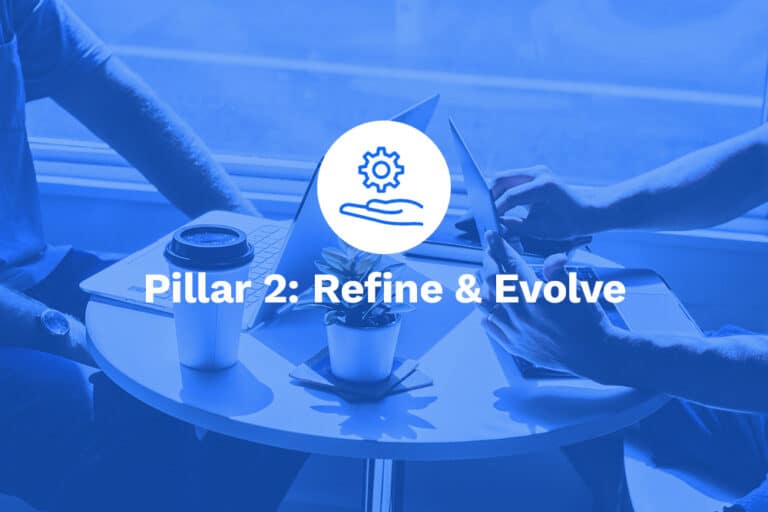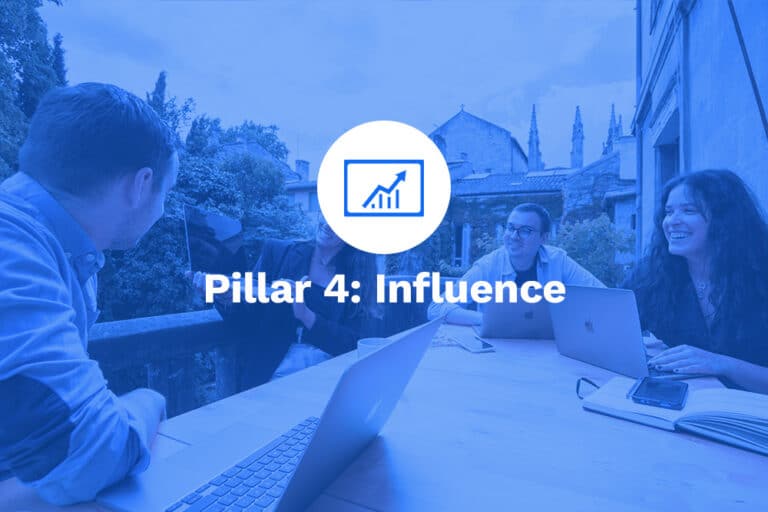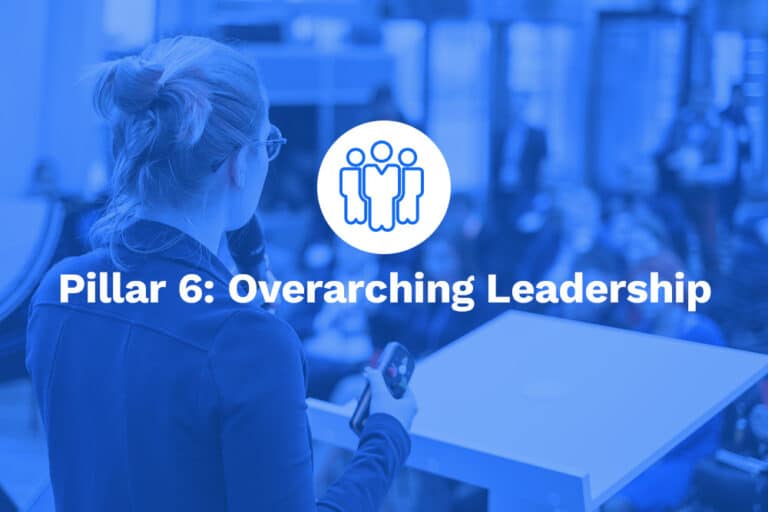Pillar 1 – Foundation: Relational Savvy
Relational Savvy is an impactful competency within the Foundation pillar. It involves the ability to interact effectively with a diverse range of people, using diplomacy and tact to build constructive relationships. This competency requires openness to new and different ways of doing things and proactively seeking feedback for continuous improvement. Relational Savvy is essential for creating a collaborative and harmonious work environment, which is fundamental to career success.
Why It Matters
- Building Effective Relationships: Working well with a variety of people helps create a supportive and productive work environment. It ensures that you can collaborate effectively with colleagues, clients, and other stakeholders. Effective relationships are the bedrock of a cohesive team, where mutual respect and understanding drive collective success.
- Using Diplomacy and Tact: Constructive relationships are built on mutual respect and understanding. Using diplomacy and tact helps navigate complex social dynamics and resolve conflicts amicably. This skill is particularly important in diverse work environments where cultural sensitivity and emotional intelligence play significant roles.
- Openness to New Ideas: Being open to different perspectives and ways of doing things fosters innovation and adaptability, which are critical in a rapidly changing workplace. This openness can lead to the discovery of more efficient processes, creative solutions, and a more inclusive work culture.
- Continuous Improvement: Proactively sourcing feedback allows for ongoing personal and professional growth, ensuring that you continually improve and adapt your skills. This habit not only enhances your performance but also demonstrates your commitment to self-improvement and excellence.
Competency in Action
- Works Well with All Kinds of People
- Common Pitfalls to Avoid: Struggling to understand different perspectives, experiencing conflicts, and having difficulties in collaboration can hinder your ability to work effectively with others. These issues can create a divisive work environment and impede team progress.
- Benefits: Successfully working with diverse groups enhances teamwork, improves project outcomes, and creates a more inclusive work environment. It builds a culture of respect and cooperation where all team members feel valued and heard.
- Uses Diplomacy & Tact to Build Constructive Relationships
- Common Pitfalls to Avoid: Miscommunication, emotional responses, and cultural differences can pose challenges in building relationships. Failing to address these issues can lead to misunderstandings and conflicts that disrupt team harmony.
- Benefits: Using diplomacy and tact helps to navigate these challenges, fostering trust, respect, and collaboration. This approach leads to stronger professional relationships and a more harmonious workplace, where conflicts are resolved constructively and everyone feels respected.
- Is Open to New Ways and Different Ways of Doing Things
- Common Pitfalls to Avoid: Resistance to change, a fixed mindset, and lack of exposure to new ideas can impede openness to new methods. This resistance can stifle innovation and limit personal and team growth.
- Benefits: Embracing new and different ways of doing things drives innovation, adaptability, and continuous improvement. It enables you to stay relevant and competitive in a dynamic work environment, making you a valuable asset to your team and organization.
- Proactively Sources Feedback for Continuous Improvement
- Common Pitfalls to Avoid: Fear of criticism, lack of awareness, and passive attitude towards feedback can limit personal growth. Ignoring feedback can lead to stagnation and missed opportunities for development.
- Benefits: Proactively seeking feedback allows you to identify areas for improvement, enhance your skills, and demonstrate a commitment to professional development. This proactive approach leads to better performance, increased self-awareness, and a reputation for being growth-oriented.
Unlocking Potential
- Enhanced Collaboration: By mastering Relational Savvy, you can enhance collaboration and teamwork, leading to more successful and enjoyable work experiences. Effective collaboration fosters a sense of community and shared purpose within your team.
- Career Growth: Building strong, respectful relationships and continuously improving through feedback can open doors to new opportunities and career advancement. These skills are highly valued by employers and can set you apart as a leader in your field.
- Increased Adaptability: Being open to new ideas and ways of working makes you more adaptable and resilient, qualities that are highly valued in any workplace. This adaptability ensures you can thrive in various roles and environments, making you a versatile and indispensable team member.
By developing and honing the competency of Relational Savvy, you lay a strong foundation for your career. This competency not only helps you succeed in your current role but also prepares you for future leadership positions where effective relationship management is essential
About Leader Loop: Leader Loop crafts actionable, competency-focused articles to accelerate your career growth. Our expert-written content provides practical strategies for leadership, team management, and professional development. Whether you’re a seasoned manager or an ambitious individual contributor, our articles deliver the insights you need to excel in today’s workplace.




